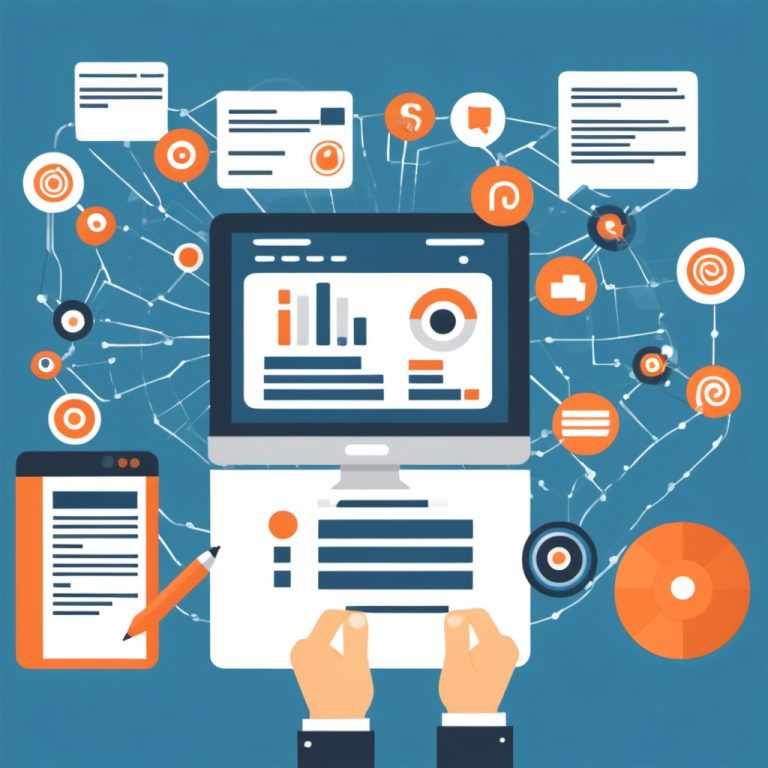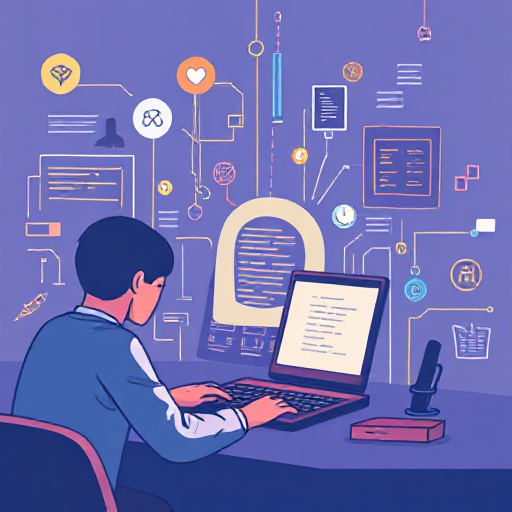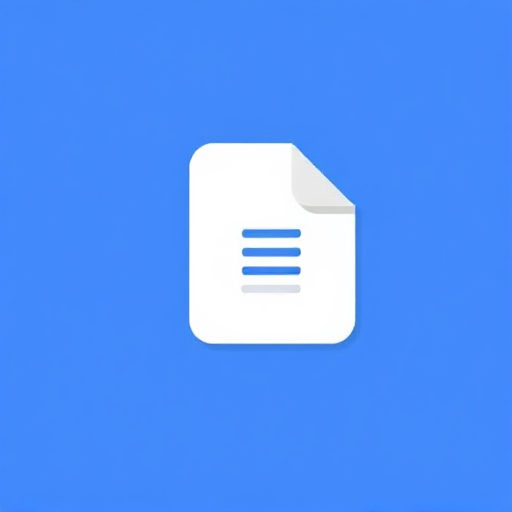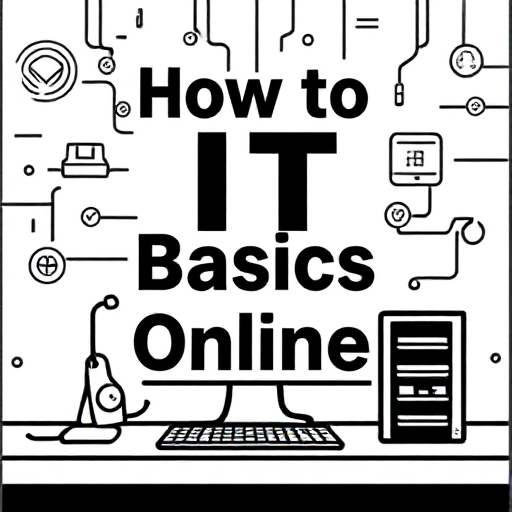
Google Cloud Platform (GCP) is a powerful suite of cloud computing services that allows businesses, developers, and individuals to build, deploy, and scale applications and services in the cloud. Whether you are a beginner exploring cloud computing or a seasoned IT professional looking to level up your cloud expertise, mastering GCP requires both theoretical knowledge and practical experience.
In this comprehensive guide, we’ll break down key steps and best practices to help you master Google Cloud Platform and become proficient in using its tools and services.
1. Understanding the Basics of Cloud Computing
Before diving into GCP, it’s important to have a strong understanding of cloud computing concepts. Cloud computing refers to the delivery of computing services like storage, processing power, and databases over the internet. These services are hosted in remote data centers and made available to users through the internet.
Key Cloud Computing Concepts:
- IaaS (Infrastructure as a Service): Provides virtualized computing resources such as storage and networking (e.g., Google Compute Engine).
- PaaS (Platform as a Service): A platform that allows developers to build, deploy, and manage applications without dealing with the underlying infrastructure (e.g., Google App Engine).
- SaaS (Software as a Service): Software applications delivered over the internet (e.g., Google Workspace).
- Serverless Computing: A model where cloud providers automatically manage infrastructure, allowing developers to focus on writing code (e.g., Google Cloud Functions).
2. Familiarizing Yourself with Google Cloud Services
Google Cloud Platform offers a wide range of services, from virtual machines and storage to machine learning and big data analytics. To master GCP, you need to get comfortable with the core services that you’ll use regularly.
Key Google Cloud Services:
- Compute Engine – IaaS offering that allows users to create and run virtual machines (VMs).
- Kubernetes Engine – Managed Kubernetes service for containerized applications.
- Cloud Functions – Serverless compute service to run event-driven code without provisioning servers.
- App Engine – PaaS for building and deploying applications without managing the underlying infrastructure.
- Cloud Storage – Scalable and durable object storage for storing and managing data.
- BigQuery – Serverless data warehouse for running SQL queries on large datasets.
- Cloud Pub/Sub – Messaging service for real-time communication between services and applications.
- AI and Machine Learning – Managed AI services, including Google AI, TensorFlow, and AutoML, for building machine learning models.
3. Getting Started with Google Cloud
Create a Google Cloud Account
To get hands-on experience with GCP, you’ll need a Google Cloud account. Google offers a free tier with $300 in credits for new users, which allows you to explore many services at no cost for the first 90 days.
- Sign up for Google Cloud using your Google account.
- Utilize the Google Cloud Console, the web-based interface for managing GCP resources.
- Use the Google Cloud SDK for command-line interaction with GCP services.
- Install Cloud Shell, a browser-based terminal for executing GCP commands.
Learn the GCP Console and Cloud SDK
The Google Cloud Console is the primary interface for managing your projects and resources. Familiarizing yourself with the Console will make your GCP experience smoother.
- Explore the dashboard, which provides an overview of your resources.
- Navigate to IAM & Admin to manage user permissions and roles.
- Access the Cloud Marketplace for pre-configured solutions and services.
- Use the Cloud SDK to interact with GCP resources from your terminal.
4. Developing Hands-On Skills with GCP
The best way to learn GCP is through hands-on experience. While reading documentation and watching tutorials is important, applying your knowledge to real-world projects is where the learning truly happens.
Build Simple Projects
Start by building small applications or infrastructure using Google Cloud. Some ideas include:
- Create a basic web application using Google App Engine or Compute Engine.
- Set up a database using Cloud SQL or Cloud Firestore for storing and managing data.
- Deploy a machine learning model using AI Platform or AutoML.
- Create a Kubernetes cluster and deploy containerized applications with Google Kubernetes Engine.
Follow Tutorials and Labs
Google Cloud offers a range of tutorials and labs designed to guide you through specific use cases. These can help you learn step-by-step how to deploy applications, manage resources, and use advanced GCP services.
- Visit Qwiklabs for hands-on labs.
- Follow official Google Cloud documentation for in-depth guides and tutorials.
Join Online Communities and Forums
Learning from others is a great way to deepen your understanding of GCP. Engage with online communities like:
- Google Cloud Community – Connect with experts, ask questions, and learn from others’ experiences.
- Stack Overflow – Search for answers to common problems and ask your own questions.
- Reddit (r/googlecloud) – A community of cloud enthusiasts discussing all things Google Cloud.
5. Explore Advanced GCP Concepts
Once you’re comfortable with basic GCP services, it’s time to move on to more advanced topics. Here are some key areas you can focus on:
Cloud Security
Understanding cloud security is critical for protecting your infrastructure and data in the cloud. Key concepts to master include:
- Identity and Access Management (IAM): Managing user permissions and roles.
- Encryption: Ensuring data is encrypted both at rest and in transit.
- Cloud Security Command Center: A platform for monitoring security risks and vulnerabilities.
Cloud Networking
Networking is a key component of cloud infrastructure. GCP offers a variety of networking tools to connect your resources securely.
- Virtual Private Cloud (VPC): A private network that enables you to connect different GCP services.
- Cloud Load Balancing: Distribute traffic across multiple instances to ensure high availability.
- Cloud DNS: Managed DNS service for routing traffic to your resources.
Big Data and Machine Learning
GCP has powerful tools for processing and analyzing large datasets, as well as building and deploying machine learning models. Key services to explore include:
- BigQuery for scalable analytics on large datasets.
- Cloud Dataproc for running Apache Spark and Hadoop workloads.
- AI Platform for building, training, and deploying machine learning models.
GCP Certifications
Google offers a range of certifications that validate your expertise with Google Cloud services. These certifications are a great way to measure your knowledge and enhance your resume. Some popular certifications include:
- Google Associate Cloud Engineer
- Google Professional Cloud Architect
- Google Professional Data Engineer
6. Keep Learning and Experimenting
Google Cloud is constantly evolving with new features and services. To master GCP, it’s essential to stay updated on the latest developments and best practices.
- Follow the Google Cloud blog for product updates and use cases.
- Attend Google Cloud events like Google Cloud Next for announcements and hands-on workshops.
- Experiment with new services and technologies to deepen your expertise.
Mastering Google Cloud Platform is an ongoing journey that requires a combination of foundational knowledge, hands-on experience, and continuous learning. By understanding cloud computing fundamentals, exploring core GCP services, building real-world projects, and engaging with the community, you can develop the expertise needed to become proficient in GCP. With the right skills, you’ll be well-positioned to take advantage of the cloud’s capabilities and unlock new opportunities for innovation and growth.






